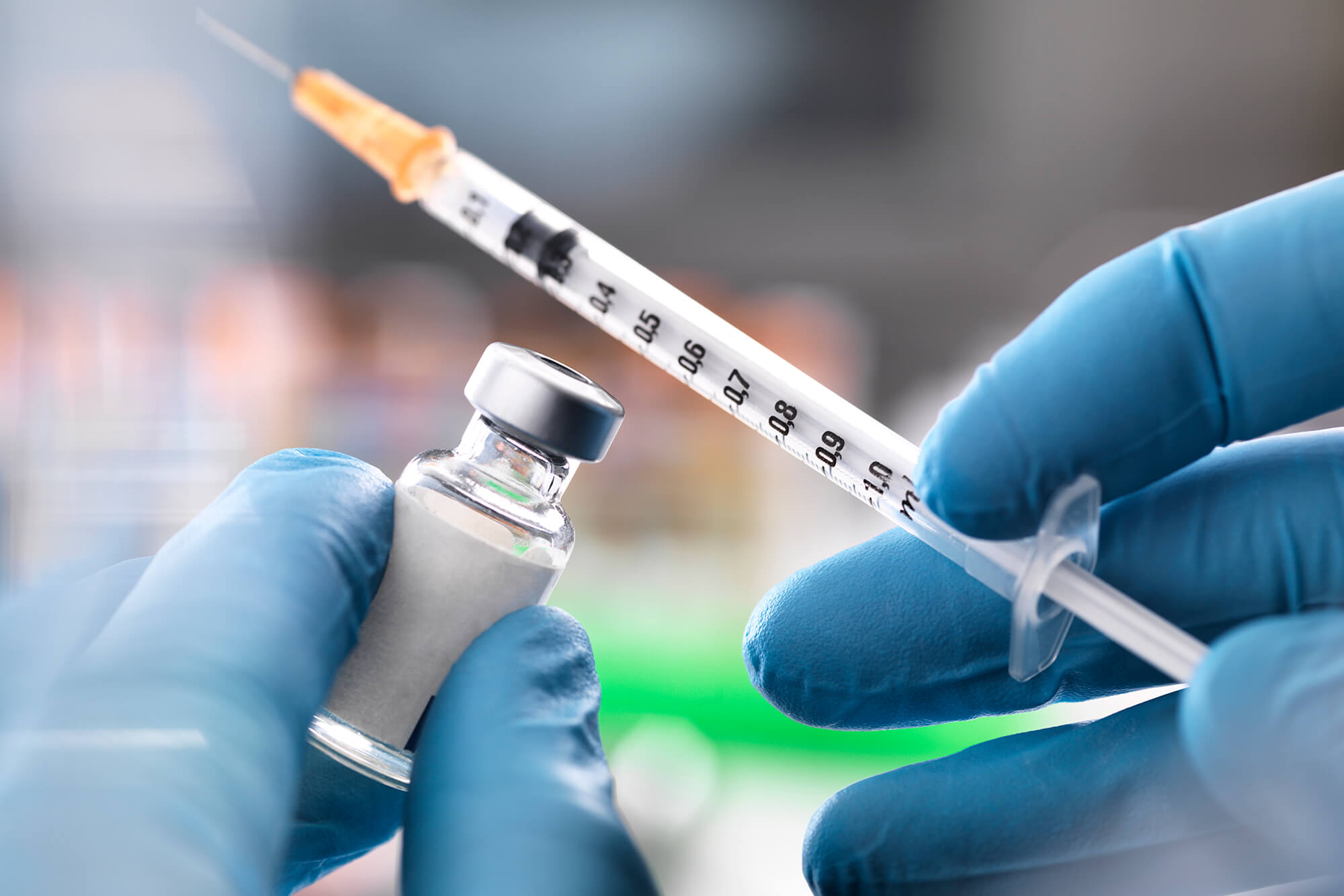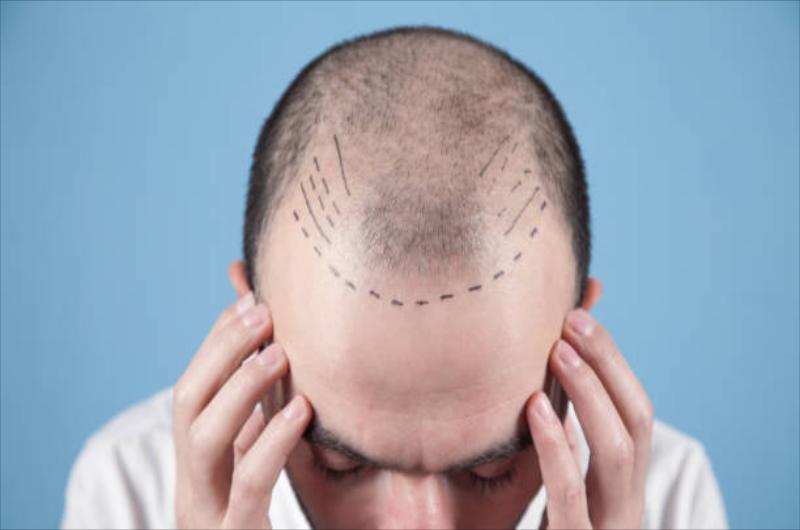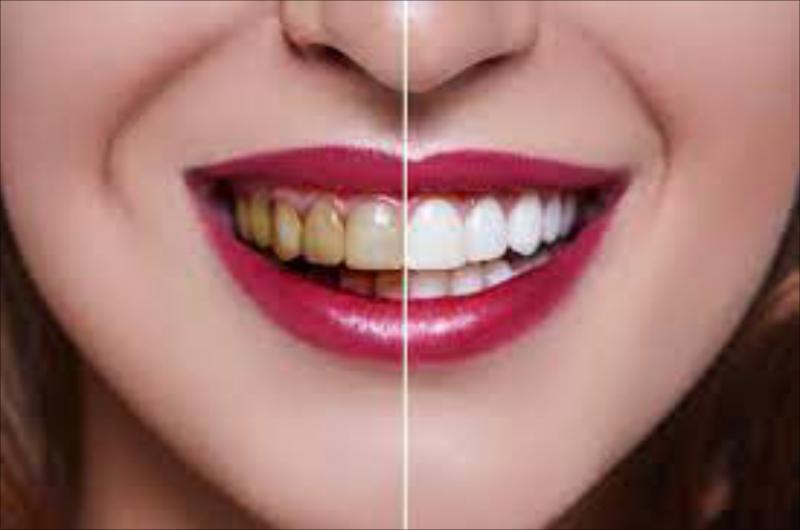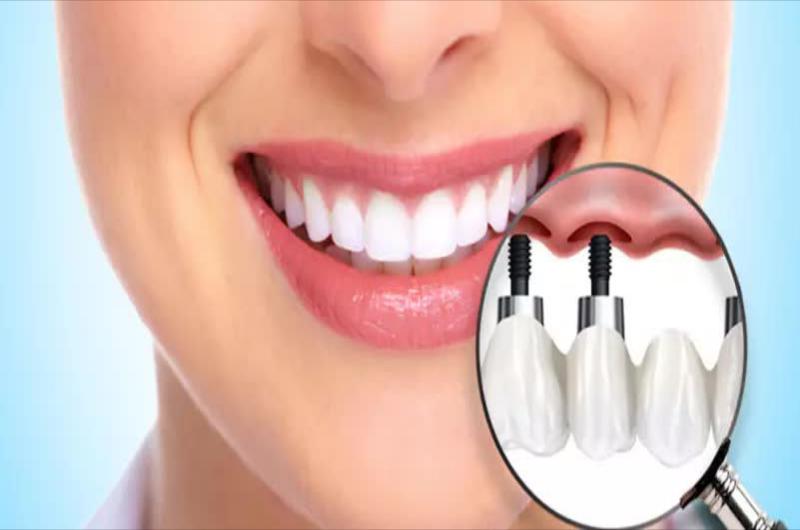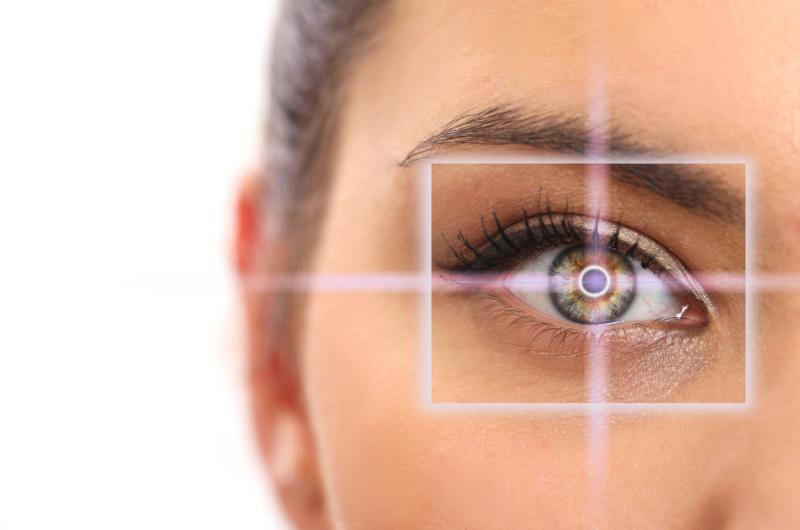About Treatment
Hormone Therapy is indicated only for hormone-sensitive cancers. Whether the tumor will respond to hormone treatment or not will be determined using special tests and laboratory tests of cellular material taken from the tumor.
Hormone-responsive tumors are often found in the reproductive system and endocrine glands, for example:
Breast cancer
Prostate cancer
Ovarian cancer
Endometrial cancer (cancer of the uterus).
Hormone therapy can be prescribed before the tumor is removed in order to stabilize its growth or reduce its size, then it is called neoadjuvant. Or after - in order to prevent re-growth or metastasis, such therapy is called adjuvant.
In the late inoperable stages of tumors that are sensitive to this treatment, hormone therapy can be used as the main treatment. As a palliative treatment of certain types of cancer, it is quite effective and can extend patient's life by 3-5 years.
Although oncology has gone a long way, completely safe cancer treatments do not yet exist. Hormone therapy is no exception. Since hormones are associated with the work of all body systems, side effects occur in different ways. Much depends on the state of health and psychological mood of patient.
Due to the increased risk of complications, hormone therapy is carried out under the constant supervision of a doctor. If there are negative reactions, doctor makes adjustments to the treatment regimen. The main task of the changes is to facilitate the well-being and increase the quality of life of patient.
-
Complications
Decreased libido
Impotence
Osteoporosis
Urinary and fecal incontinence.
Hair loss
Chronic fatigue
Nausea and vomiting
Weight gain -
Indications
Breast
Kidneys
Prostate
Uterus
Ovaries -
Side Effects in Women
Vaginal dryness
Menstrual irregularities
Loss of interest in sex
Nausea
Mood instability, depression
Fatigue.
Hormone therapy for breast cancer is carried out in 3 main directions. First of all, treatment involves a decrease in the production of estrogens, which accelerate tumor growth. In addition, the access of hormones to receptors of cancerous cell structures is blocked. Plus, estrogenic activity decreases by increasing the volume of androgens in the blood.
If the tumor is operable, hormone therapy for breast cancer is performed before and after surgery. Before surgery, treatment is indicated to reduce the size of the malignant neoplasm. After - to prevent relapse and the spread of metastases. Inoperable patients are prescribed hormone therapy as an adjunct technique to chemotherapy.
Types of Treatment
When a patient is diagnosed with breast cancer, hormone therapy is of the following 3 types:
Adjuvant - designed to reduce the recurrence of carcinoma. Duration - from 5 to 10 years.
Neoadjuvant - indicated before surgery to remove a tumor larger than 2 cm with the involvement of the lymph nodes. The duration of the course is from 3 to 6 months.
Therapeutic - is prescribed for inoperable cases or to reduce / eliminate cancer pathologies.
Most of the tumor pathologies of the prostate gland grow and develop due to testosterone, the production of which is directly related to the testes. If the influence of the hormone is eliminated, the neoplasm ceases to increase or is destroyed. As a result of this, hormone therapy of the prostate is aimed at stopping testosterone production or blockade of tumor-nourishing substances.
Most often, hormonal therapy for prostate cancer involves taking special medications. For example, drugs to inhibit the production of testosterone by the pituitary gland or block the use of hormones by the cellular structures of the prostate gland. One of the methods of hormone therapy is also orchidectomy, that is, surgical castration.
Combined hormone therapy for prostate cancer involves the administration of drugs of different groups. Let's say antiandrogens + anticancer drugs. Delayed treatment is used after a long observation of the cancer process. Intermittent therapy is prescribed for a short period of time and stops when cancer-resistant cancer cells appear.
There are 2 basic principles of therapy. First, reduce the amount of hormones that promote tumor growth, or cause blockade with cell receptors. Secondly, it is necessary to suppress cell proliferation and run a “program” for eliminating the cellular structures of the neoplasm.
The effects of hormone therapy are limited to the target organ associated with given hormone. The remaining vital systems of the body practically do not have a negative effect. The risk of side effects is greatly reduced. Treatment is much easier to tolerate than chemotherapy.
Hormone therapy often provides a positive result, even with a common malignant process. However, neoplasms developing in hormone-dependent organs sometimes have resistance to treatment either immediately or with relapse. Then another therapy is prescribed.
Before starting treatment, patient undergoes a comprehensive examination. When developing a treatment program, the age, weight and presence of systemic diseases of organs not affected by cancer must be taken into account. Attention is drawn to individual symptoms. The stage of the oncological process and the degree of tumor growth are revealed by the results of diagnostic measures.
When an objective image of patient’s health is formed, a cancer control strategy is considered. A consilium of specialized specialists is convened to draw up a therapy program. Doctors plan the stages of treatment with the expectation of maximum safety and minimal risk of complications, as much as possible in this situation. Subsequently, hormone therapy is carried out under regular medical supervision.

